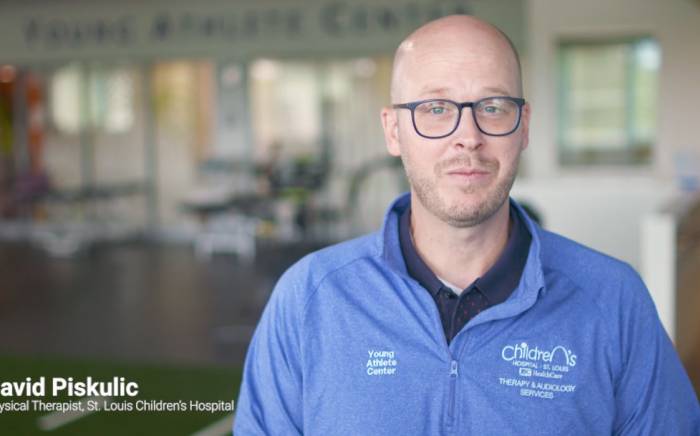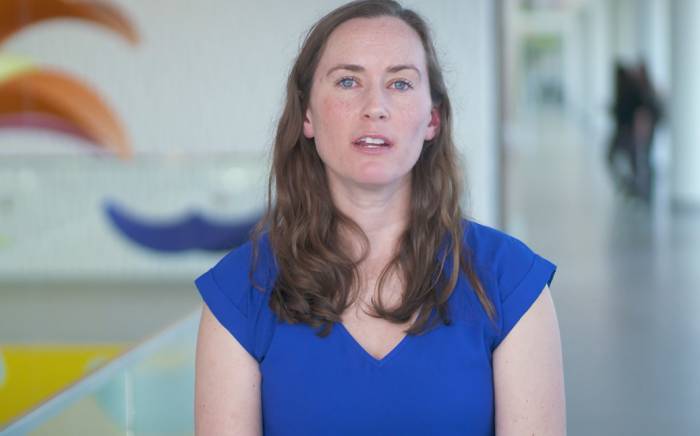Youth Specialization: The Drawbacks of Playing One Sport
In the competitive world of youth sports, less children are playing multiple sports and instead focusing on one sport year-round. Club teams designed for year-long play are surpassing school-based sports in popularity. Although it seems athletes would benefit from specialization, less skills and more injuries develop from concentrating on a single sport.
Young athletes need a break from the same physical activity to rehabilitate their growing bodies. There is not enough recovery time when a child plays a single sport year-round. When an athlete does not have a break from a sport, the body is not allowed to adapt to the stress associated with exercise, replenish energy or repair tissue. Recovery time is important in reducing stress on the body and helping young athletes heal.
Specialized athletes ages 14 and under are at greatest risk for injury. These young athletes are more likely to experience overuse injuries, changes in skeletal development, pressure and burnout.
Myths and Misconceptions
Dr. Anders Ericsson, a psychologist who specializes in the science of peak performance, is the father of the 10,000 hour rule. This rule is often falsely applied to sports specialization. Dr. Ericsson states that a person needed 10,000 hours of practice with a task to become an expert. However, the 10,000 hour rule is not intended for athletics. Studies show it takes much less time for an athlete to become expert in their sport. If a child attempts to follow the 10,000 hour rule, the athlete is more likely to become injured due to overuse.
Parents may have a false impression of the benefits of specialization. For example, many parents believe without the distraction of other sports, their child has a greater chance to succeed in the sport of their choice. It is also misinterpreted that if an athlete sticks with one position, such as a forward on a soccer team, the child will develop exceptional skills as a forward. In fact, research has shown that the opposite is true for both of these beliefs.
Variety is Key to Success
An athlete who participates in multiple sports and plays multiple positions will develop greater skill in all athletic areas. Playing multiple sports encourages healthy body development, as well as various physical and cognitive skills. By playing different sports, young athletes develop strength in other muscles and coordinated movement patterns. Dr. Jeffrey Nepple, MD, of Washington University Pediatric Orthopedics, cites the US Women’s Soccer team as evidence for this. The World Cup Champion team collectively played about 14 competitive sports growing up.
Give Me a Break
It is important that athletes rest between seasons, or for about three months, before taking up a sport again. The resting period will help a child’s body heal and become stronger.
Drawbacks of specialization
- Heightened risk of injury due to overuse
- Alterations in skeletal development
- Pressure and burnout
Benefits of playing multiple sports
- Better motor skills
- Greater chance for development of athletic abilities overall
- Increased motivation and engagement while playing sports
- Better decision making, pattern recognition and creativity
- Bones, growth plates, joints, muscles and ligaments benefit from healthier development
- Leads to development of varying physical and cognitive skills
Did you know?
- In a study of 1,200 youth athletes, Dr Neeru Jayanthi of Loyola University found that children who specialize in a single sport are 70 to 93 percent more likely to be injured
- 50 percent of youth sports injuries come from athletes who specialize, according to the American Medical Society for Sports Medicine
- Dr. Jeffrey Nepple of Washington University St. Louis claims that athletes who specialize quit sports earlier and more often than those who play multiple sports
- According to a 2013 study from the American Medical Society for Sports Medicine, 88 percent of college athletes surveyed played more than one sport as a youth
- Many college and professional teams purposefully select athletes who have played more than one sport in their youth according to Dr. Nepple
For more information or to schedule an appointment at the Young Athlete Center, call 314.454.KIDS (5437).










